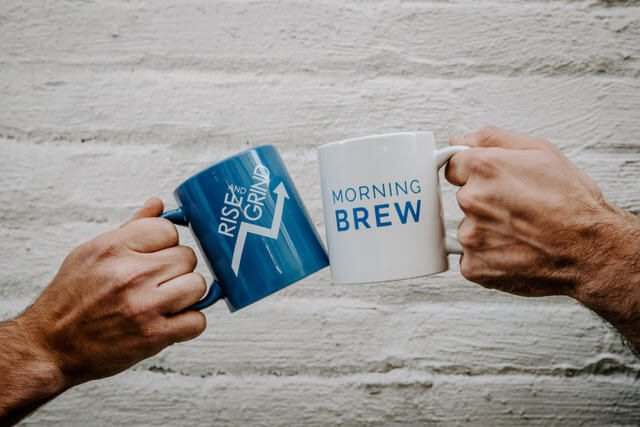
Curation is a superpower.
It's all around us, it's old as time, and it adds value to consumers.
Yet people fail to understand it.
It's time for a Curation masterclass 👇
It's all around us, it's old as time, and it adds value to consumers.
Yet people fail to understand it.
It's time for a Curation masterclass 👇
Quick agenda:
1) What is curation
2) Misconception #1
3) Internet's impact on curation
4) Misconception #2
5) Misconception #3
1) What is curation
2) Misconception #1
3) Internet's impact on curation
4) Misconception #2
5) Misconception #3
To appreciate the value of curation you need to understand what it is.
My definition:
The act of narrowing down choice to the things that you believe a consumer will want or should want.
Curation is about limiting choice for the sake of speed & focus.
My definition:
The act of narrowing down choice to the things that you believe a consumer will want or should want.
Curation is about limiting choice for the sake of speed & focus.
The first big misconception about curation is why it's actually valuable.
Given Morning Brew’s value prop is driven by curation, I can speak to this directly.
We don't break news or do original reporting in our daily newsletter, yet 3mm people trust us with their time.
Given Morning Brew’s value prop is driven by curation, I can speak to this directly.
We don't break news or do original reporting in our daily newsletter, yet 3mm people trust us with their time.
How could we amass this audience if none of the content is technically the first version of that story?
It's all about smart curation.
Readers don’t care that we’re not breaking news. They only care that we’re saving time they’d spend figuring out what news to care about.
It's all about smart curation.
Readers don’t care that we’re not breaking news. They only care that we’re saving time they’d spend figuring out what news to care about.
Turns out, people will pay for smart curation AND the value of curation is going up thanks to the internet.
The internet has unlocked abundance.
With abundance comes greater need for smart curators to cut down search costs & help save you time.
The internet has unlocked abundance.
With abundance comes greater need for smart curators to cut down search costs & help save you time.
Which leads to the second misconception of curation.
Curation is not just reserved for media businesses.
Think about it.
Trader Joes curates food that caters to the needs of a specific shopper.
Universities curate courses that cater to the needs of a specific student.
Curation is not just reserved for media businesses.
Think about it.
Trader Joes curates food that caters to the needs of a specific shopper.
Universities curate courses that cater to the needs of a specific student.
Curation is all around us.
And curation is not new. That is the third misconception of this superpower.
Take WalMart as an example.
WalMart has been a master curator since its founding in 1962.
And curation is not new. That is the third misconception of this superpower.
Take WalMart as an example.
WalMart has been a master curator since its founding in 1962.
It curated not due to abundance of choice, but scarcity of space, stocking the shelves of its 30k-200k square foot stores.
Curation based on local preferences of the retailer’s customers was also a priority.
A Bentonville shopper has different interests than a New Haven one.
Curation based on local preferences of the retailer’s customers was also a priority.
A Bentonville shopper has different interests than a New Haven one.
That is what I hope you realize about curation.
It exists everywhere, it’s as old as time and it’s really about simplifying choice and optimizing satisfaction for the customer.
It exists everywhere, it’s as old as time and it’s really about simplifying choice and optimizing satisfaction for the customer.
If you enjoyed this masterclass, check out my full @FoundersPod on curation...
here: spoti.fi/3tAQp5e
or here: apple.co/3txMlCZ
here: spoti.fi/3tAQp5e
or here: apple.co/3txMlCZ
And follow me on Twitter for more deep dives into businesses, business lessons, and business stories! twitter.com/businessbarista
• • •
Missing some Tweet in this thread? You can try to
force a refresh






